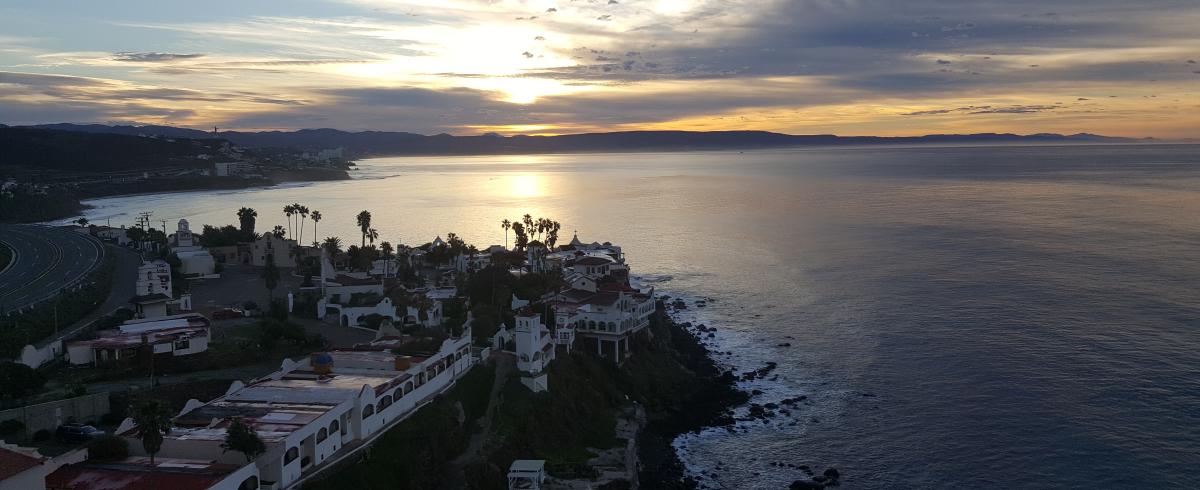Legislating for sustainable small-scale fisheries
This document, Legislating for Sustainable Small-Scale Fisheries – A guide and considerations for implementing aspects of the Voluntary Guidelines for Securing Sustainable Small-Scale Fisheries in the Context of Food Security and Poverty Eradication in National Legislation, is a tool for States to strengthen their fisheries legislation in order to establish conditions for inclusive and sustainable small-scale fisheries development, taking into account the interrelatedness of social, economic and environmental sustainability, while focusing on marginalized groups.

